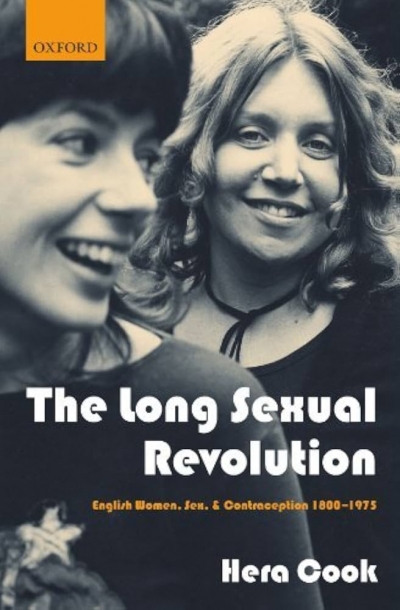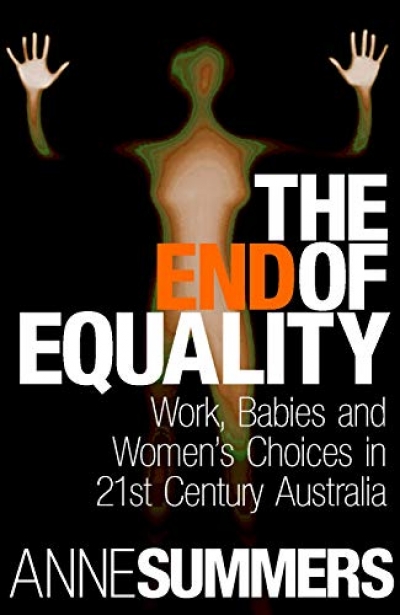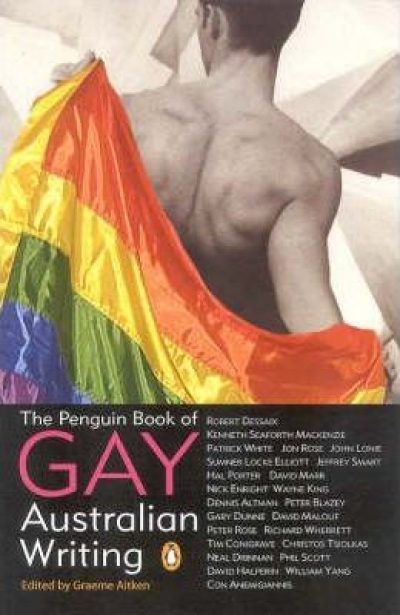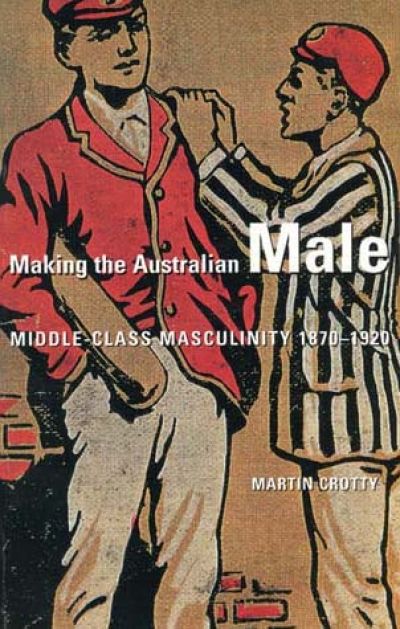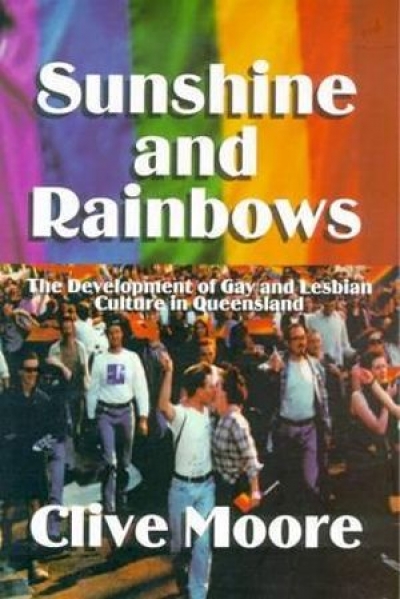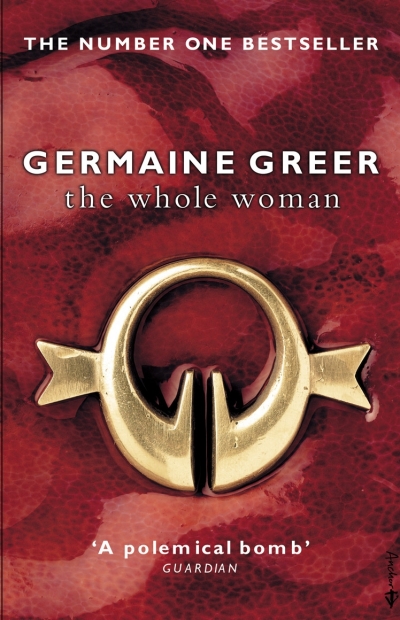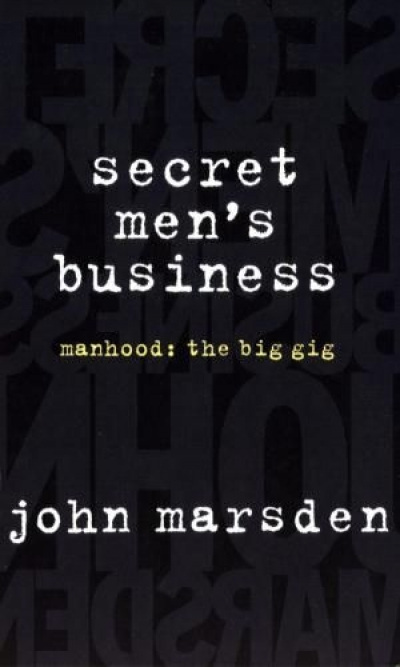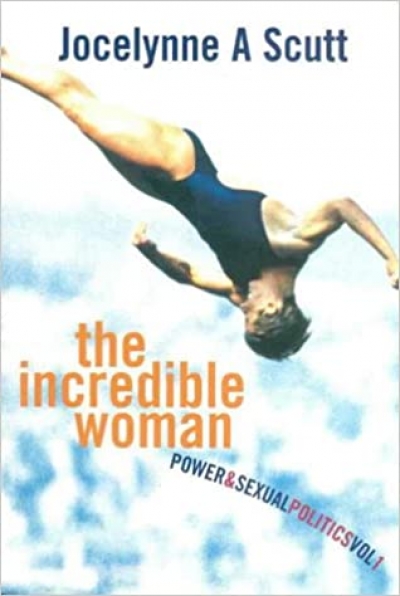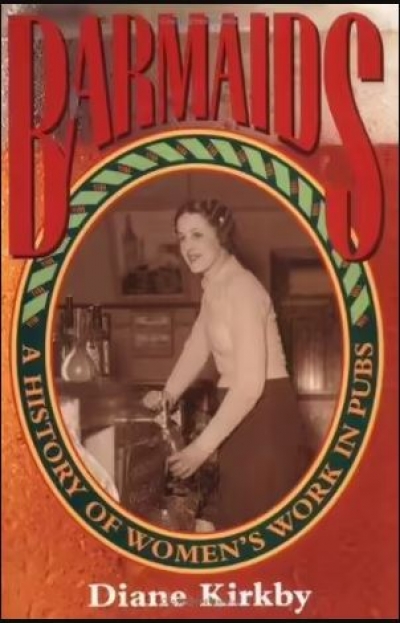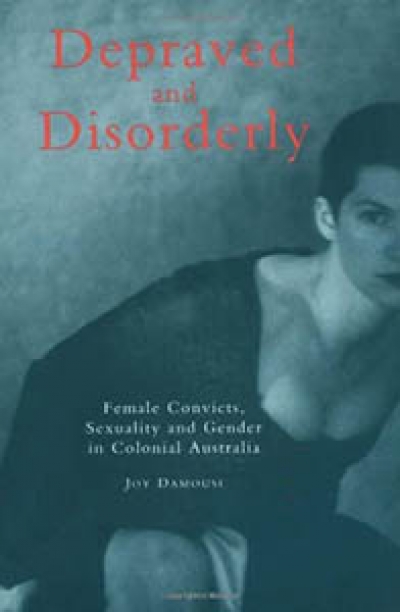Gender and Sexuality
The Long Sexual Revolution: English women, sex and contraception 1800-1975 by Hera Cook
This is a big, bold book with an enormous scope: almost two centuries of sex, birth control and heterosexual relations. It is an ambitious project, but Hera Cook has produced an intriguing mix of broad survey and close, detailed analysis. The basic premise of The Long Sexual Revolution is that sex and reproduction were intertwined. ln many histories, sexuality and reproduction are discussed as if the two were unrelated, but Cook indicates the ways that contraception and control over reproduction were crucial to both sexual pleasure and sexual change.
... (read more)Liz Conor reviews 'The End of Equality: Work, Babies and Women’s Choices in 21st Century Australia' by Anne Summers
‘Women who want to be equal with men lack ambition.’ This was the rather damning assessment of equality-based or liberal feminism scrawled on public walls in the 1970s and 1980s. It took a swipe at the strategy of achieving civil and economic equality on men’s terms. It sought a radical agenda of change that would bring about profound alteration to the deepest social, economic and psychic structures of gender identity, patriarchy and capitalism. It demonstrated, even then, that ‘equality’ did not have unqualified support among women. Thirty years later, Anne Summers is in a position to consider how this strategy has stood up to repeated attacks, and its overall gains and shortcomings.
... (read more)The Penguin Book of Gay Australian Writing edited by Graeme Aitken
This is a strange assortment of pieces. To someone who doesn’t move in any gay community, the anthology’s chief problem is its fissiparousness. There has to be a distinction between gay writing and writing by authors who are gay. The majority of contributors to Graeme Aitken’s book take gay life to be their subject, but several are included because they are gay, while not necessarily employing gay themes, or doing so indirectly.
... (read more)Making the Australian Male: Middle-class masculinity 1870–1920 by Martin Crotty
Masculinity isn’t what it used to be. To begin with, it has gone forth and multiplied to become masculinities, for it is a requirement of a pluralist culture that diversity not only be acknowledged but cultivated. What has happened, of course, is that as women’s history has given way to gender studies, masculinity, which was formerly taken for granted as part of the dominant culture, is being put under the microscope.
... (read more)Sunshine and Rainbows: The development of gay and lesbian culture in Australia by Clive Moore
Living the queer life in the inner-city suburbs of Sydney, it is hard not to become complacent, smug even. Like a magnet, Sydney draws lesbians, gays, bisexuals, queers, you name it, from all over the country. If you’ve grown up in rural Victoria, moved to Melbourne after compulsory schooling, and then fifteen years later have hit a certain mid-gay-life ennui, where else is there to go?
... (read more)‘Though I disagreed with some of the strategies and was as troubled as I should have been by some of the more fundamental conflicts [of feminism], it was not until feminists of my own generation began to assert with apparent seriousness that feminists had gone too far that the fire flared up in my belly.’
... (read more)‘This is the most urgently needed book of our time’, says the back cover of this short, non-fiction work of advice to adolescent males, whose subject is how successfully to become a real man. (This boast contrasts strangely with the counsel given not to brag.) My son, the one aged twelve, described the book as being about ‘the need to grow up into little John Marsdens’.
... (read more)The Incredible Woman by Jocelynne A. Scutt & The Incredible Woman by Jocelynne A. Scutt
When I mentioned to one of my exceptionally brainy friends that I was reviewing Jocelynne Scutt’s recent collection of speeches and papers – most of which were written during the late 1980s and 1990s and which have now been edited for a two volume work entitled The Incredible Woman – I was, strange as it may seem, not surprised to hear her say that the very thought of reading anything by Scutt made her anxious. For while those of us who are familiar with Scutt’s work will be aware of how wonderfully accessible it is, those who are familiar instead with Scutt’s formidable reputation might well presume that her writing will be heavygoing. It’s not. And because Incredible is both accessible and an important contribution to feminist politics, it would be a pity if people shied away from it.
... (read more)Barmaids: A history of women’s work in pubs by Diane Kirkby
No icon better encapsulates the ethos of male culture than the pub. Sharing a beer in this bastion of male conviviality has been a defining experience in shaping Australian male identity. The pub as a cultural and social institution has attracted the attention of many historians, but none have considered the ubiquitous and yet mysteriously anonymous figure of the barmaid. Although represented in fiction and film, and up until recently, a part of the very fabric of pub culture, the barmaid remains an elusive figure in Australian history.
... (read more)Depraved and Disorderly: Female sexuality and gender in colonial Australia by Joy Damousi
Much of the evidence and source material used in Depraved and Disorderly, particularly in Part One, will be familiar to the scholar of female convict history. But Joy Damousi provides some additional material which is both original and evocative. For example, her discussion of lesbianism and tattooing as both challenging to contemporary concerns about sexuality and social order, and as another means by which these women could express their own identities, provides evidence of the diversity of characters among convict women, as well as broadening our understanding of colonial society. More importantly, however, Damousi adds a further theoretical dimension to the already complex and contradictory historiography which surrounds the female convict.
... (read more)

